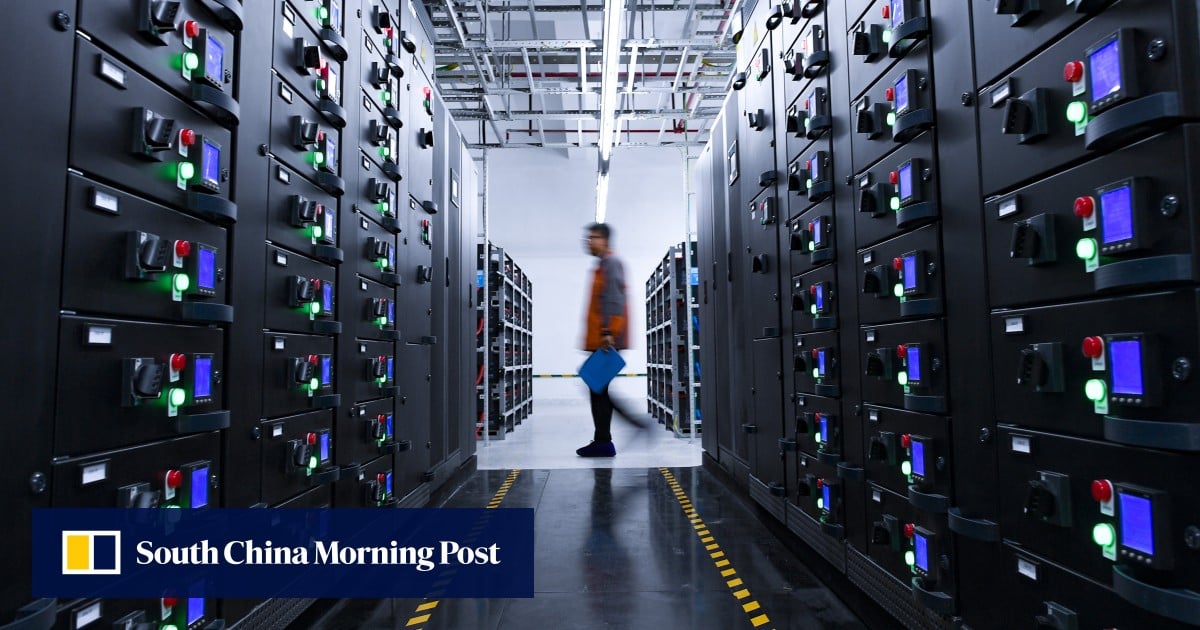Local governments should focus on finding a competitive edge in specific sectors of the digital economy, instead of “blindly” jumping in, as China aims to find new growth points to counter pressure from the United States, according to a proposal from an economic adviser.
“There are mid-size cities that have listed everything down as their main focus in economic development: artificial intelligence, cloud computing, big data, hi-tech software, IT service, 5G, Internet of Things and integrated circuit,” said Lu, who is a delegate to the Chinese People’s Political Consultative Conference (CPPCC) – Beijing’s top advisory body – which just kicked off its annual meetings on Monday.
“This wide-ranging and cover-it-all approach reflects that many local governments have not considered their relative competitiveness when doing their economic planning, and it lacks the awareness for building a digital economy ecosystem,” he told the Shanghai-based The Paper ahead of the start of the “two sessions”.
He said such a trend is harmful to the economy because there would be “blind investments, waste of resources and overlaps of projects”, and that central and provincial governments should come up with coordination and supervision mechanisms.
Lu’s comments came as local governments published their budget and development plans ahead of the two sessions, which refers to the annual meetings of the CPPCC and China’s legislature, the National People’s Congress.
A number of local governments plan to issue “computing vouchers” to subsidise artificial intelligence (AI) and data-process related companies.
China has faced challenges in developing home-grown cutting edge technology under an escalation of US sanctions that affect its access to advanced chip-making tools and AI processors.
‘New productive forces’: empty rhetoric, or engine for China’s future growth?
‘New productive forces’: empty rhetoric, or engine for China’s future growth?
Guizhou, China’s cloud computing capital, has included a budget for 100 million yuan (US$13.9 million) of vouchers for companies to buy AI and data processing services.
Local governments have also announced plans to build AI computing centres, including a proposal last month by officials in Pingfang, a district in the northern city of Harbin, to build a 460 million yuan facility.
Up to March last year, there were over 30 cities that were building or have proposed to build AI computing centres, according to a report from the state-backed Xinhua News Agency in December.
Let the market move the areas that require innovation and have the development centred among fewer enterprises and cities
Lu suggested local governments should find their competitive edge in developing the digital economy by making use of existing industrial foundations and local resources.
Governments should also distinguish areas that require an experimental and innovative approach from areas that aim to serve the public, Lu added.
“Let the market move the areas that require innovation and have the development centred among fewer enterprises and cities. The government should play a role of offering infrastructure and policy support to transform the kind of digital economy for public services,” he said.
“More developed cities are more capable of being innovative in the digital economy, those that are less developed should focus on developing the digital economy for the sake of economic transition and public good.”


